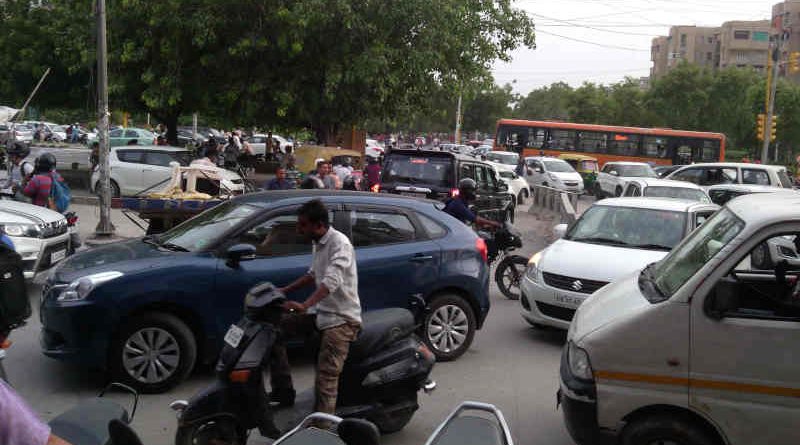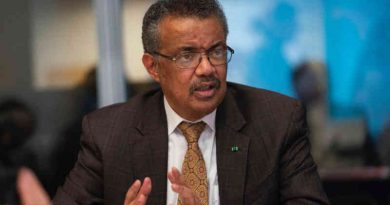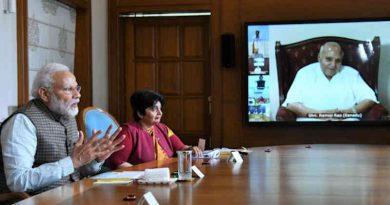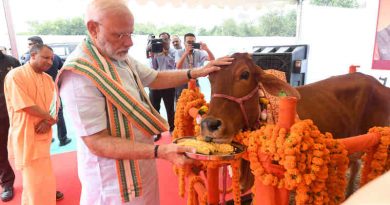Sexual Exploitation During Covid-19 Lockdowns

The UN women’s rights committee has called on governments to pursue all appropriate means to eliminate trafficking in women and girls, highlighting the increasing use of social media to recruit trafficking victims during the Covid-19 pandemic.
In its general recommendation released on November 11, the Committee on the Elimination of Discrimination against Women (CEDAW) found that women and girls continue to be major victims of trafficking across the world, despite the existing anti-trafficking legal and policy frameworks at national and international levels.
The Committee emphasised that the realities of trafficking in women and girls now extend well beyond the offline world, pointing to recent trends of trafficking in cyberspace.
The development of social media and chat apps to gain easy access to potential victims when traffickers cannot use more traditional ways to recruit women and girls for sexual exploitation during Covid-19 lockdowns was alarming, the Committee said.
“The global pandemic has revealed the urgent need to address the use of digital technology in and against trafficking,” said Dalia Leinarte, the committee member who led the drafting of the general recommendation.
CEDAW called on social media and messaging companies to set up relevant controls to mitigate the risk of exposing women and girls to trafficking and sexual exploitation. It also asked these companies to use their big data to identify traffickers and involved parties from the demand side.
“Combating trafficking also entails discouraging the demand,” Leinarte stressed. The experts urged governments to address to the root causes that push women and girls into vulnerable situations.
These fundamental problems lie in sex-based discrimination, including socio-economic injustices in home countries, gender-biased migration policy and asylum systems in foreign countries, as well as conflicts and humanitarian emergencies.
“Trafficking is a gendered crime, closely linked to sexual exploitation,” Leinarte said, adding, “State parties must create appropriate conditions to ensure women and girls are free from the danger of trafficking.”
The Committee called for public policies to provide women’s autonomy and equal access to education and job opportunities. It also urged a gender responsive safe migration framework to protect women and girl migrants.
The Committee underscored the importance of comprehensive protection and assistance systems to help displaced women and girls in conflicts and emergencies.





